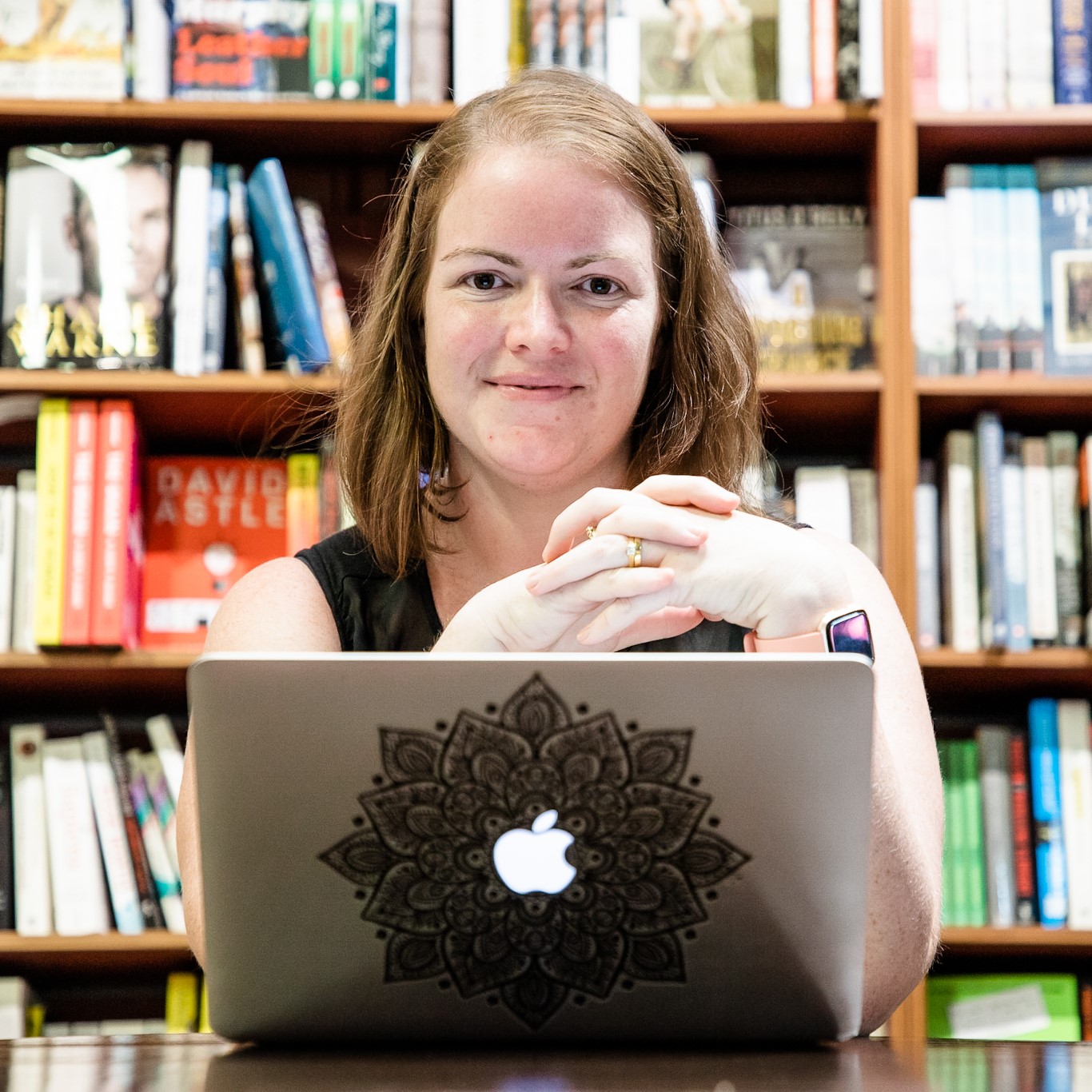Do you love to travel light? Next time you take your photography on the road, leave the laptop behind and instead, transfer your photos directly to your phone for backup and editing. No computer or camera WiFi required!
About two or three phones ago, I received my first one of these little adapters in the box:

Haven’t seen one before? It’s a USB Type-C to USB Type-A adapter, and if you’re a Samsung Galaxy phone user like me, they come as part of the standard kit. I’ve got a slowly growing collection of them, now that I’ve had a couple of phones which use the USC-C charging port.
The adapter is included so that you can use a standard USB Type-A to USB Type-C cable, such as a charging cable, to transfer your old phone data onto your new phone. But these little things are useful for a lot more than that. They effectively add a standard USB port to your phone (or tablet). It may not support the whole range of USB devices out there in the world (even my computer struggles with that), but I’ve used mine to plug in a wireless mouse, a keyboard, and best of all: A card reader.

With a card reader and the USB Type-C to USB Type-A adapter, you can copy photos directly from your camera’s memory card to your phone. It’s a lot faster than WiFi transfer, and less fiddly too. I generally spend about twice as long trying to get my WiFi-enabled camera to connect to my phone than it takes to copy the photos off the card directly!
I recommend setting up a dedicated folder on your phone or your phone’s microSD card for your camera photos. Copy the photos to your phone using the adapter and card reader, then import them into Lightroom for mobile. Your originals will upload from your phone to your Lightroom cloud storage: Backup done. You can then edit direct on your phone for exporting and sharing while on the go, or when you do get home to your computer, your photos will be there ready for you in Lightroom.

Once uploaded to the cloud, you could delete the original photos off your phone to save space. But make sure that you’re following the 3-2-1 backup strategy for your photos before deleting anything: Three copies, two on separate devices (i.e. on your phone and your camera card) and one offsite (i.e. in the Lightroom cloud). That will keep your photos as safe as they are portable!















Good information. Thank you for the heads up.
How do you set up the lightroom cloud? I have Lightroom, Photoshop and Adobe PDF pro subscription but honestly hadn’t been aware of storage in the cloud with Lightroom. What happens to your “catalog” Is that stored on the cloud also?
That’s right, Christine – there is a separate “cloud” catalog for Lightroom (versus a Lightroom Classic catalog which is stored on your computer). If you open Lightroom and just start importing photos, the photos are uploaded to your cloud – no setup required.
If you want to connect an existing Lightroom Classic catalog to your Lightoom (cloud) catalog then that’s possible too – have a look at this article, this one and this one.